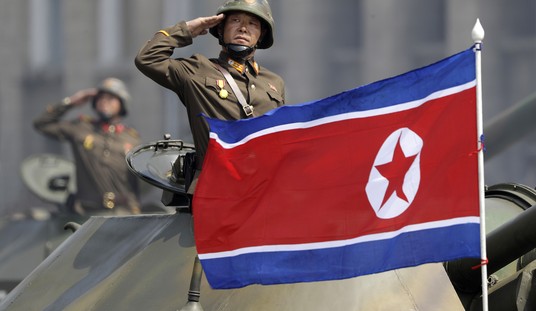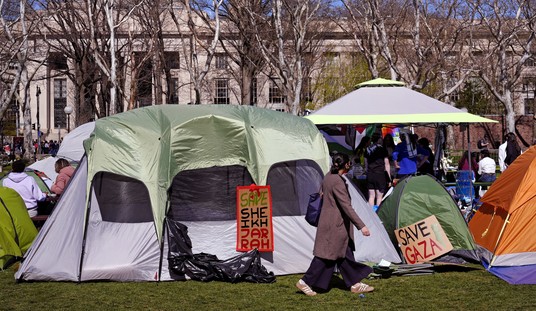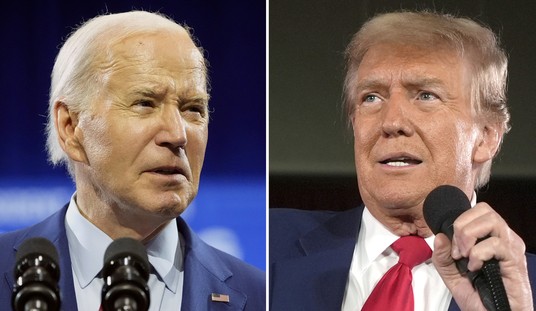The big question on everyone’s minds, including the powers-that-be at the National Education Association and the American Federation of Teachers, is whether the Democratic Party can maintain its majority in the U.S. Senate. But as a practical matter the unions’ fortunes rely more heavily not just on which party wins state governors’ seats, but which candidates.
There are currently 21 Democratic governors, seven of whom are not up for reelection this year. For the teachers’ unions, the remaining 14 can be divided into mostly reliable incumbents, mostly unreliable incumbents, and open seats.
The reasonably friendly incumbents are Jerry Brown in California, John Hickenlooper in Colorado, Mark Dayton in Minnesota, Maggie Hassan in New Hampshire, and Peter Shumlin in Vermont. It is indicative of the unions’ plight that three of these governors have had significant run-ins with teachers’ unions – Shumlin just last week.
The mostly unfriendly incumbents include Dan Malloy of Connecticut, Pat Quinn of Illinois, Andrew Cuomo of New York, and John Kitzhaber of Oregon. In these four elections, the unions either did not endorse, or held their noses in an effort to keep the Republican candidate out.
The open seats are a mixed bag for the unions. Likely winners Anthony Brown in Maryland and David Ige in Hawaii will be a plus, while Arkansas will likely return to the GOP. Massachusetts is turning into a disaster, with either a Republican pick-up or the flawed Martha Coakley gaining the seat. A similar scenario exists in Rhode Island, where the unions have the unpalatable choice of Republican Allan Fung or Democratic pension reformer Gina Raimondo.
At best, these races might end up in a wash for NEA and AFT, so they are pinning their hopes on ousting hostile Republican incumbents in Florida, Kansas, Michigan, Pennsylvania and Wisconsin. In each of these cases the Democratic challenger would be greatly indebted to the unions. And from the unions’ point of view, a win in Wisconsin would almost transcend losses everywhere else.
A bad year in the Senate races would be difficult for the teachers’ unions to swallow, but they already have their sights set on 2016. A bad year in the gubernatorial races would not only mean continued hard times for struggling NEA and AFT state affiliates, but would provide a boost for Democratic education reform candidates for years to come. Maybe forever.








Join the conversation as a VIP Member